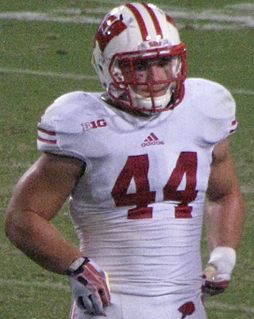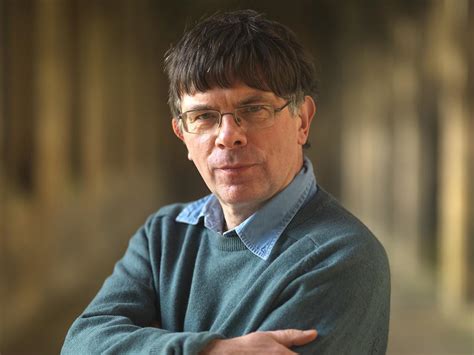A Quote by Judy Woodruff
As the mother of a grown son with a traumatic brain injury, I couldn't be more excited about the prospect of finding out how to repair even a small part of the damage that changed his life.
Related Quotes
It's not just professional athletes and soldiers who are at risk from traumatic brain injury. More than 1.7 million people a year sustain a traumatic brain injury, and about 50,000 of them die each year, according the Centers for Disease Control. There are both emotional and financial costs from these injuries.
As computer intelligence gets better, what will be possible when we interface our brains with computers? It might sound scary, but early evidence suggests otherwise: interfacing brains with machines can be helpful in treating traumatic brain injury, repairing spinal cord damage, and countless other applications.
Glad it was you and not me," Shane said, and offered Myrin a hand up. "Any brain damage?" "Since the bullet actually passed through his brain, then yes, idiot boy, there's certainly brain damage," Oliver said. "It will pass. His brain's the least fragile thing about him." "You say the nicest things," Myrin said. He was slurring his words, and he threw an arm around Oliver's neck. "Marry me.
I wonder how many marriages are fractured and damaged beyond repair by complacency rather than any single traumatic event. One day you wake up and realize that the distance between you and your spouse has grown to such an enormous width that neither of you are capable of clearing the distance. No matter how much speed you build up, or how far you can jump, it's just there. Gaping and unforgiving.
I think we've reached that point where we understand medically what we are doing to ourselves with these sports. In football, it's kind of hard to get the access that you want for the story and, of course, it's very long-term: the effects of the repeat concussions really don't hit until decades afterwards, whereas the traumatic injuries in extreme sports are very immediate. I realized Traumatic Brain Injury was a fascinating and important story that not had been told very much. I wanted to know more.
I look back and think of all the times I've had to let things go in the past, and how traumatic it seemed while it was happening, but how my understanding of it changed as time passed - and oftentimes things that seem really difficult and traumatic in the short term seem a lot less difficult and traumatic in the long term. So I remind myself of that.
Small things such as this have saved me: how much I love my mother — even after all these years. How powerfully I carry her within me. My grief is tremendous but my love is bigger. So is yours. You are not grieving your son’s death because his death was ugly and unfair. You’re grieving it because you loved him truly. The beauty in that is greater than the bitterness of his death.
I'm not an expert on how to configure the sport, but I can observe and say that accidents seem to be a part of it. The athletes are incredible, with the courage that they accept the risk of death, paralysis, and brain injury. These are really life-changing, life-threatening injuries, and the risk is extremely high.































